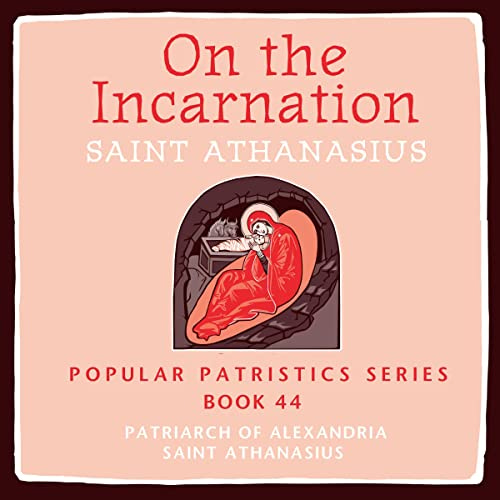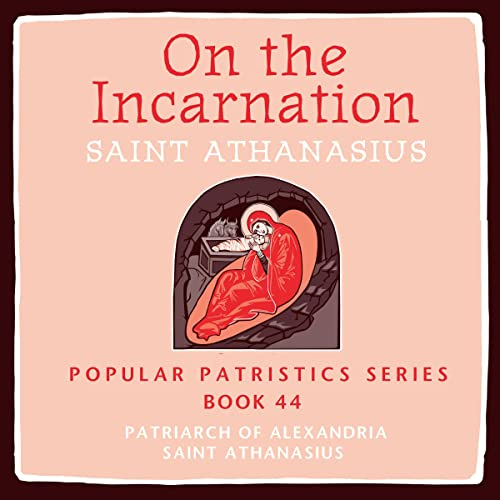This Sunday the Body of Christ begins a new liturgical year with the season of Advent. Formally, Advent anticipates not the first coming of the Father’s only-begotten Son but his coming again. In this way, the Church acknowledges the dissonance between the hopes named by the Old Testament’s expectation for Messiah and the world as it is presently constituted. The world, in Paul’s words, is still groaning in labor pains and suffering the last flickers of Sin.
While Advent officially points to the Second Coming, I believe it behooves the Church to spend the season reflecting upon the mystery of the incarnation itself. After all, the Christmas season— the festival of the incarnation— is so short that it’s often over before folks return to worship from the holiday.
What’s more, an Advent stress on Christ’s coming again and the world’s present darkness can often suggest a God who is otherwise absent from us— or was absent prior to Mary giving birth to God.
Such an absent God is not the God of Israel and her scriptures.
Indeed Mary gives a space for the God who all along has taken up space with his people Israel and just so the Church.
Therefore, on Monday nights in December we will discuss our way through a short but very important book in the history of the Church:
On the Incarnation by St. Athanasius is by any standard a classic of Christian theology. Composed by St. Athanasius in the fourth century, it expounds with simplicity the theological vision defended at the councils of Nicaea and Constantinople: that the Son of God himself became fully human, so that we might become god. Its influence on all Christian theology thereafter, East and West, ensures its place as one of the few "must read" books for all who want to know more about the Christian faith.
The book is only about 50 pages long!
You can join us on the three Mondays of Advent at 7:00 PM or catch the recording later.
The link to the live class is HERE.
The book is in the public domain and available for free online, such as this example.
We will be using this new and accessible translation.






